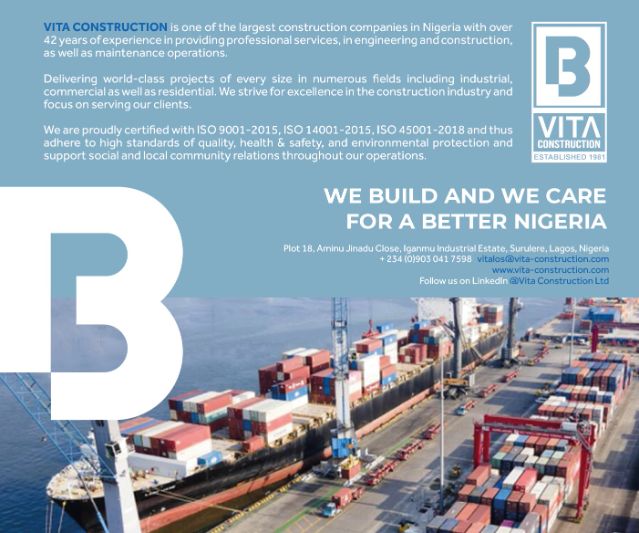Facebook-parent Meta plans to lay off another 10,000 workers, marking the second round of significant job cuts announced by the tech giant in four months.
The latest layoffs, announced on Tuesday, come after Meta said in November that it was eliminating approximately 13% of its workforce, or 11,000 jobs, in the single largest round of cuts in the company’s history.
In a Facebook post Tuesday, CEO Mark Zuckerberg said the job cuts will take place “over the next couple of months.”
“We expect to announce restructurings and layoffs in our tech groups in late April, and then our business groups in late May,” he wrote. In a “small number of cases, it may take through the end of the year to complete these changes.”
“Overall, we expect to reduce our team size by around 10,000 people and to close around 5,000 additional open roles that we haven’t yet hired,” Zuckerberg said.
As of September 2022, Meta reported a headcount of 87,314, per a securities filings. With 11,000 job cuts announced in November and the 10,000 announced Tuesday, that would bring Meta’s headcount down to around 66,000 — a reduction of about 25%.

Shares of Meta rose more than 4% in early trading Tuesday following the announcement.
When the first round of job cuts was announced in November, Zuckerberg blamed himself at the time for the company’s over-hiring earlier in the pandemic. Meta nearly doubled its headcount between March 2020 and September of last year, as the Covid-19 crisis led to a surge in demand for digital services.
But the situation changed radically for the social media giant and other tech companies as pandemic restrictions eased and people returned to their offline lives. Meta’s core business was also hit by privacy changes implemented by Apple (AAPL) and advertisers tightening budgets amid recession fears.
In his post on Tuesday announcing the latest cost-cutting efforts at Meta, Zuckerberg called the last year “a humbling wake-up call.”
“The world economy changed, competitive pressures grew, and our growth slowed considerably,” he wrote.
“At this point, I think we should prepare ourselves for the possibility that this new economic reality will continue for many years,” Zuckerberg added. “Higher interest rates lead to the economy running leaner, more geopolitical instability leads to more volatility, and increased regulation leads to slower growth and increased costs of innovation.”
In its most recent quarterly earnings report, Meta posted a sharp drop in profits and reported its third straight quarterly decline in revenue. During the earnings call, Zuckerberg promised investors that 2023 would be the “year of efficiency” for the company, following years of heavy investment in growth and a more immersive version of the internet called the metaverse.
On that call, Zuckerberg also suggested that more job cuts could be coming.
“We closed last year with some difficult layoffs and restructuring some teams. When we did this, I said clearly that this was the beginning of our focus on efficiency and not the end,” Zuckerberg said during the earnings call in early February. He added that the company would be focused on “flattening” its org structure and “removing some layers of middle management to make decisions faster.”
“As part of this, we’re going to be more proactive about cutting projects that aren’t performing or may no longer be as crucial, but my main focus is on increasing the efficiency of how we execute our top priorities,” Zuckerberg said.










